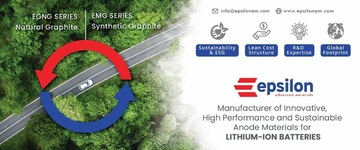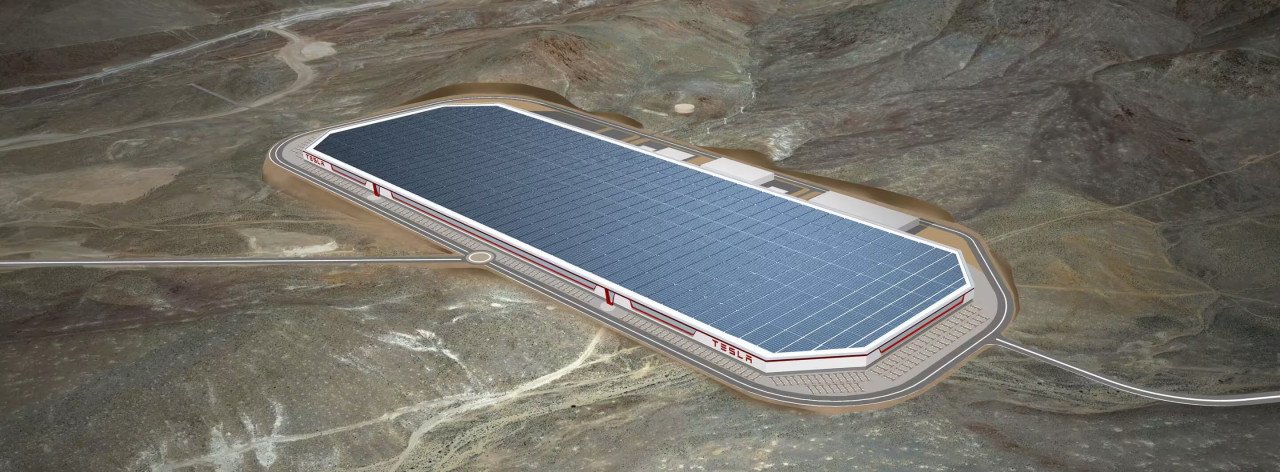Connected Energy secures £15 million from five new investors
Connected Energy Ltd (Connected Energy), an advanced energy storage solution provider that uses second-life electric vehicle batteries has secured £15 million from five new investors.
Caterpillar Ventures Capital Inc., the Hinduja Group, Mercuria, OurCrowd, and Volvo Energy are the new investors who have joined the list of existing investors Engie New Ventures, Macquarie, and the Low Carbon Innovation Fund.
"In order to grow the second life battery industry, strong pan-value chain relationships will be critical to Connected Energy as it expands, and the company's new investors will complement this effort," said Matthew Lumsden, CEO of Connected Energy.
"This marks a key gateway for our business. Our group of investors now span battery supply through to project deployment and monetisation, and critically this will enable us to plan and manage technology and project development to maximise the volume of batteries that are redeployed in second-life applications."
The company claims to be among handful of companies in the world to have proven that second-life EV batteries can be used in commercial battery storage system bringing huge environmental benefits.
The next phase of investment is aimed at enabling Connected Energy to scale up its technology and operations in response to the burgeoning storage market and increasing the international availability of second-life batteries. The company also stated that the fresh infusion of funds will help facilitate in-house development of the company's first large-scale M-STOR system planned to be around 20MW and 40MWh, employing a contracted 'flow' of batteries from multiple OEMs to provide long-term operational services to its customers.
"With this investment Connected Energy aims to scale up its business to utilise a predicted ramp-up in 2nd life battery availability in 2024/25," the company stated in an official statement.
Connected Energy already has 16 operational systems across Europe in Belgium, Germany, the UK, and the Netherlands with its largest system located in Cranfield University in Bedfordshire, England.
According to Lumsden, when batteries are around 25% degraded, they are often considered unsuited to life in a vehicle but still have sufficient capacity for up to ten years' more use in a battery energy storage system (BESS).
Using a second-life BESS over its lifetime in operations, the company suggests, can thus save an additional 450 tonner per MWh of CO2 equivalent compared to using first-life lithium-ion batteries.
Commenting on the investment, Jihad Salahuddin, Caterpillar Senior Investment Manager, CVCI said, "We are excited about this investment and see it as an important element of our strategic roadmap in the battery circular economy and our long-standing Enterprise commitment to sustainability."
Joachim Rosenberg, President of Volvo Energy said, "There is a great deal of untapped potential in the second-life use of batteries. This forward-leaning investment aims to facilitate the scaling-up of second-life battery energy storage systems and further secure circular business opportunities for the forthcoming ramp-up in Volvo Group's second-life battery returns."
"Together with Connected Energy, we will minimize the environmental impact of the batteries that have powered Volvo Group applications," he added.














